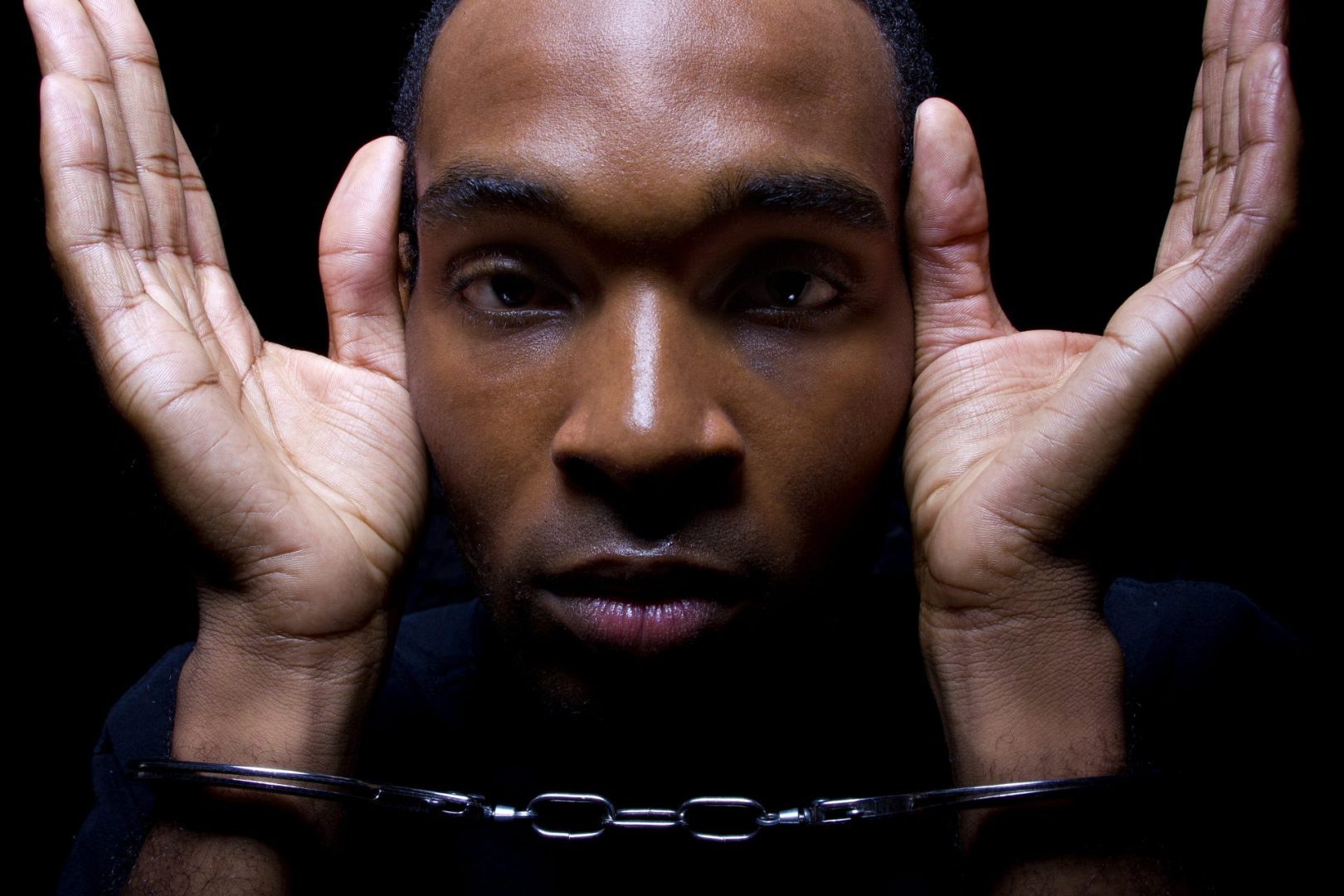The term “excited delirium” has been a contentious issue within law enforcement circles and the medical community for decades. It has been used by police to justify in-custody deaths despite significant criticism and claims of pseudoscience and inherent racism. The recent failure of a Minnesota bill aimed at banning the term’s use by police highlights the ongoing debate and the need for reform.
Understanding excited delirium
Excited delirium is a diagnosis that has been used to explain sudden death under police restraint, often associated with drug use or mental health issues. It first emerged in the 1980s in Miami, where it was used to describe the deaths of Black individuals in police custody. Despite its controversial nature, it has been employed by law enforcement agencies across the nation to explain fatalities without acknowledging potential police misconduct.
Legislative efforts and setbacks
Efforts to ban the use of excited delirium have seen some success, with California and Colorado passing laws to prohibit its use. However, Minnesota’s recent attempt to become the third state to implement such a ban was unsuccessful. The bill, introduced by state Rep. Jessica Hanson, aimed to eliminate the term from police training and use of force justifications, citing its roots in anti-Black racism.
High-profile cases and medical scrutiny
The deaths of George Floyd and Elijah McClain brought renewed attention to the term. Medical professionals and organizations, including the American Medical Association, have criticized excited delirium as a manifestation of systemic racism. The term’s credibility was further questioned when a Reuters investigation revealed conflicts of interest among medical experts who had recognized it as a syndrome.
Impact on families and legal proceedings
Families of those who have died under police custody, such as Angelo Quinto and Elijah McClain, have challenged the excited delirium diagnosis, often finding discrepancies in autopsy reports and seeking justice through legal action. These cases have sparked public outcry and demands for accountability, leading to criminal charges against involved officers and paramedics in some instances.














